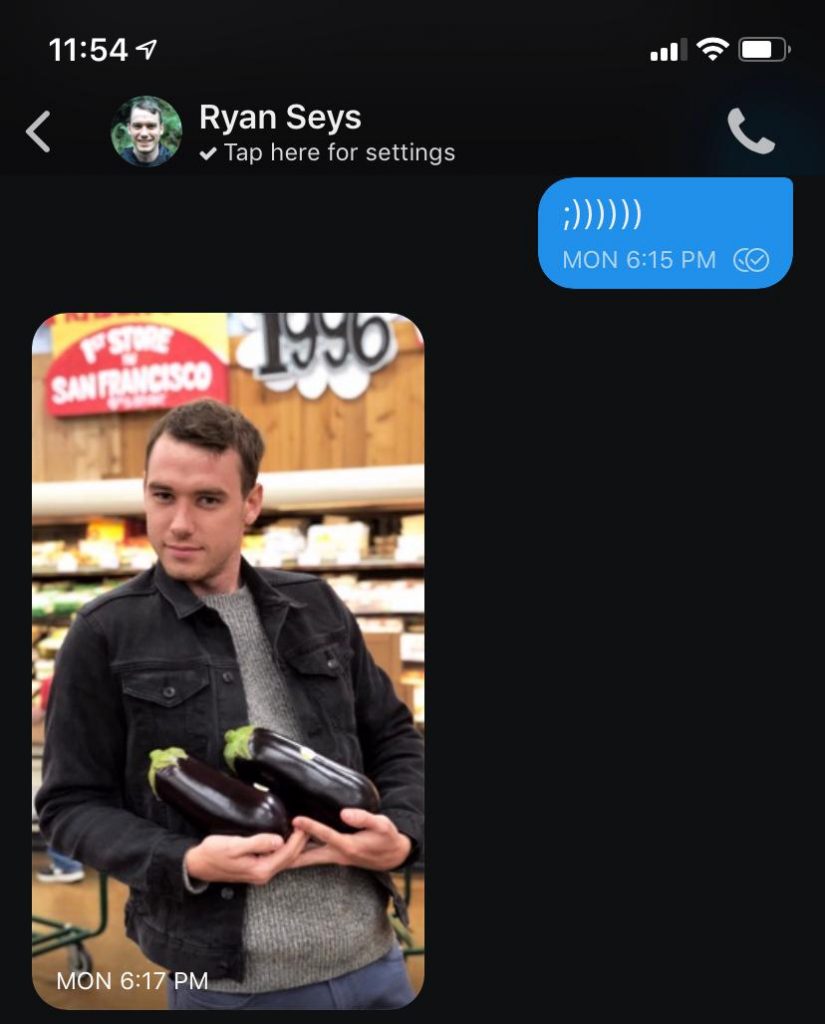Last week, Brandon Bernard was denied clemency by the Trump administration and executed, despite significant public and bipartisan support for him to be exonerated from the death penalty. My heart breaks for him, his family, for the soul of our country.
In seeing the outpour of support for Brandon Bernard and reading the coverage of the case, I was struck by how much public opinion on the death penalty has changed. In this essay by Sister Helen Prejean, an advocate and activist against the death penalty, she shares a Gallup poll that show 80% of Americans approved of the death penalty in 1993, and, by 2019, only 56% of Americans approved. One reason for this is that we, as a society, have learned that the death penalty is ineffective: we make mistakes (1 in 9 executions have been exonerated), it’s expensive, and it doesn’t actually deter heinous crimes. Another reason, which I believe is even more critical, is that our shared consciousness of law, order, and mercy has shifted, thanks to the great work of people like Sister Helen Prejean and Bryan Stevenson.
While the narrative has changed, it still hasn’t changed enough. In the coverage of Brandon’s case, the pitch for clemency is centered on respectability. He wasn’t really involved in the crime. He was forced to participate as a low-level gang member. And he was an outstanding citizen during the 21 years that he was in prison. Ultimately, Brandon had a “feel-good” story that made a strong, compelling case for his clemency. But I found myself wishing for the coverage to be more nuanced and to push us more as a society. His story, in some ways, was an easy story for many of us to digest. There are others that sit on Death Row with cases that won’t as easily appeal to our sympathy and our sense of mercy; they may make us deeply afraid and feel a primal desire for law, order, and justice.
Clinging to the feel-good story feels myopic. How do we go beyond these stories as a culture? How do we go beyond these stories in ourselves? The stories that only appeal to our comforts?
If we don’t go beyond the easy stories, we will only have a very narrow aperture to see the world around us. We will not be able to see the hard truths to confront the entrenched flaws in our system. And we allow for heinous policies like the death penalty to continue. This is a failure of our society when such laws only impact the most vulnerable in our society: everyone on Death Row is poor, and 54% of those on Death Row are Black or Brown. With the research of Robert Sapolsky and others on the impact of poverty and inequality on brain development and our abilities to make decisions, other research on childhood trauma that shows similar impact, there’s a stronger case than ever for mercy. And ultimately, I find myself coming back to these explanations not mattering at all; no crime justifies execution.
From the op-ed linked above by Sister Helen: “Such horrific crimes make our blood run cold, and within us a righteous voice rises: These killers deserve to die. But here’s the inscrutable part of these life-and-death decisions. Prosecutors and juries must also consider mitigating circumstances that may move the jury to choose mercy. Each of the people awaiting death […] is a person — one whose life story cries out for mercy.”
